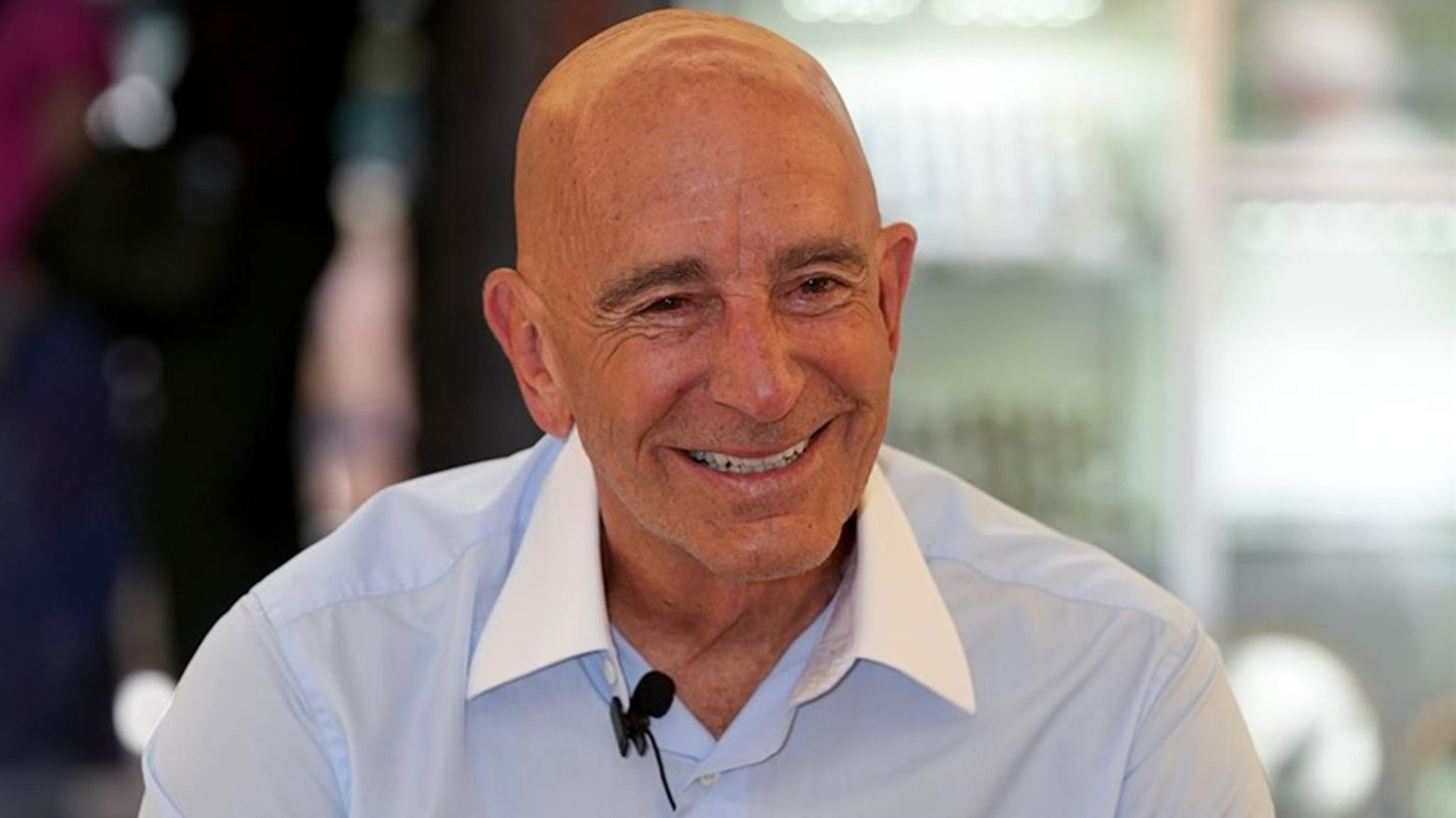US Envoy: Iran-Israel War Opens Path to New Middle East Dialogue, Turkey Holds Key Role
US envoy sees post Iran-Israel war as chance for new Mideast order with Turkey as key player. Barrack cites potential Gaza truce, revived Abraham Accords, and Turkey-Israel reconciliation. 'Time for new dialogue' as regional fatigue with conflict grows.

By Ahora Qadi
ERBIL (Kurdistan24) – The recent Iran-Israel war has created an unprecedented opportunity for a new phase of regional diplomacy in the Middle East, with Turkey positioned to play a pivotal role in shaping the emerging order, said U.S. Ambassador to Turkey Tom Barrack on Sunday.
In an exclusive interview with the Anadolu Agency, Barrack described the aftermath of the twelve-day conflict as “a chance to create a new road,” suggesting the war had reset the parameters of Middle Eastern geopolitics. “What just happened between Israel and Iran is an opportunity for all of us to say: ‘Time out. Let’s create a new road,’” Barrack said. “And Turkey is key in that new road.”
‘People are tired of the same old story’
Pointing to growing regional fatigue with entrenched hostilities, Barrack emphasized the need for renewed dialogue and diplomatic imagination. “The Middle East is ready to have a new dialogue, people are tired of the same old story,” he said, urging that long-standing enmities be reframed in light of shifting strategic realities.
He added that Israel, currently undergoing what he described as a process of redefinition, must now seek comprehensive agreements with its neighbors. Citing Syrian President Ahmed al-Sharaa’s openness to peaceful coexistence with Israel, Barrack said, “He has indicated that he doesn’t hate Israel and that he wants peace on that border. I think that will also happen with Lebanon. It’s a necessity to have an agreement with Israel.”
Turkey’s regional influence in focus
The ambassador underscored Turkey’s growing influence in shaping events across the region, particularly in Syria. “What is happening in Syria is in big part due to Turkey,” he said, referencing Ankara’s long-term support for the Islamist-led rebels who ultimately toppled former Syrian President Bashar al-Assad and ushered in the current government in Damascus.
According to Barrack, the changing dynamics in Syria are inseparable from Turkey’s role and reflect Ankara’s broader capacity to lead a shift in the regional narrative. “Turkey could play a central role in changing the regional narrative,” he noted.
Trump and Erdogan aligned on regional vision
Highlighting the coordination between U.S. President Donald Trump and Turkish President Recep Tayyip Erdogan, Barrack said both leaders recognize the moment as a strategic inflection point. “They see that this is an opportunity at a really interesting point in both of their lives where they can change the dialogue,” he stated. “And dialogue in the Middle East takes strong leadership.”
Gaza ceasefire and revival of the Abraham Accords
Barrack also expressed optimism about a near-term ceasefire in the ongoing Gaza conflict, noting that the progress could facilitate a broader regional shift. “We’re going to see a ceasefire in Gaza in the near future, I think we have the right team on it,” he said.
As conditions in Gaza stabilize, Barrack suggested there would be renewed momentum around the Abraham Accords, the series of U.S.-brokered agreements that normalized diplomatic relations between Israel and several Arab states. “Everybody is starting to move back towards the Abraham Accords, especially as the Gaza situation dissipates,” he said.
Rebuilding ties between Turkey and Israel
Despite the rupture in relations between Turkey and Israel amid the Gaza war, Barrack expressed confidence that reconciliation was possible. “It can happen again,” he said, dismissing the idea that religious discord was the root of the rift. “It’s not a religious issue, it’s a misunderstanding of territorial desires. So having a discussion, a dialogue… will take place.”
